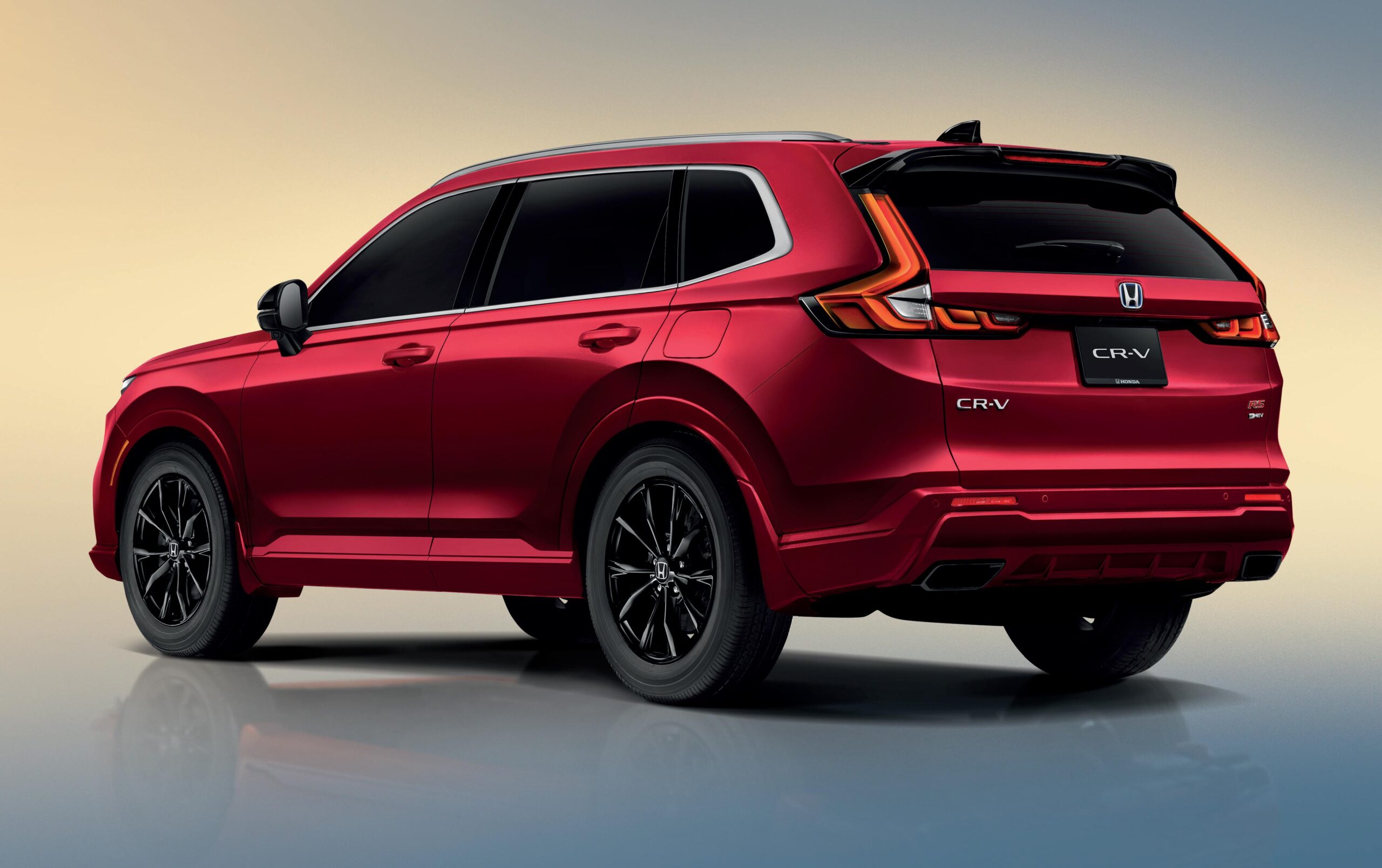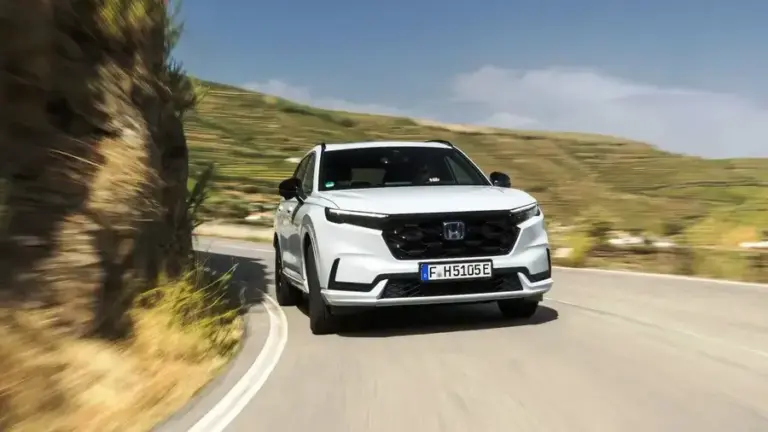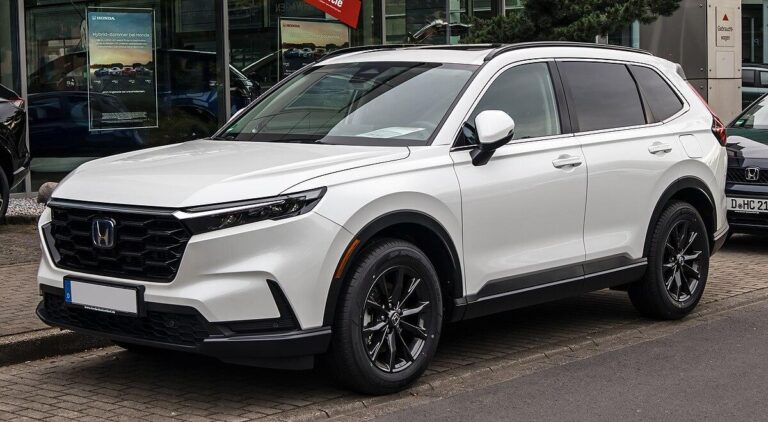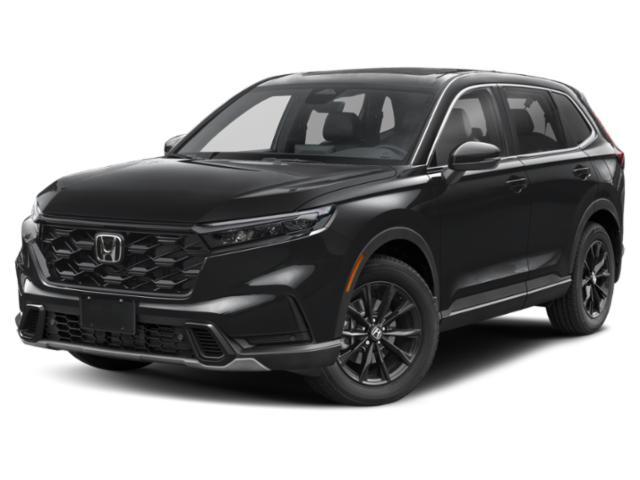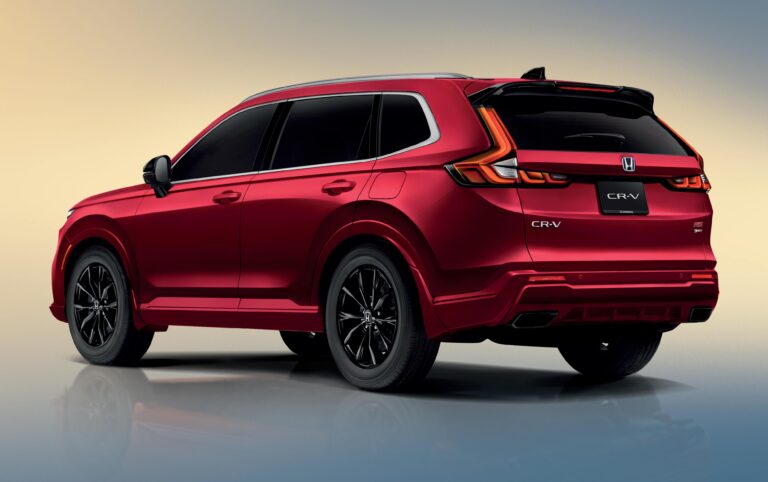Honda CR-V vs Toyota RAV4
In the ever-evolving landscape of compact SUVs, two titans stand tall: the Honda CR-V and the Toyota RAV4. Both models have carved out their niches in the hearts of drivers, blending practicality, reliability, and modern features into an appealing package. With each brand boasting a loyal following and a reputation for longevity, the rivalry between these two vehicles has sparked countless debates among enthusiasts and casual buyers alike. In this article, we delve into the nuances that define the Honda CR-V and Toyota RAV4, comparing their performance, design, and technology to help you make an informed decision. Whether you’re a seasoned SUV aficionado or simply exploring your options, join us as we navigate the strengths and weaknesses of these formidable contenders in the world of compact SUVs.
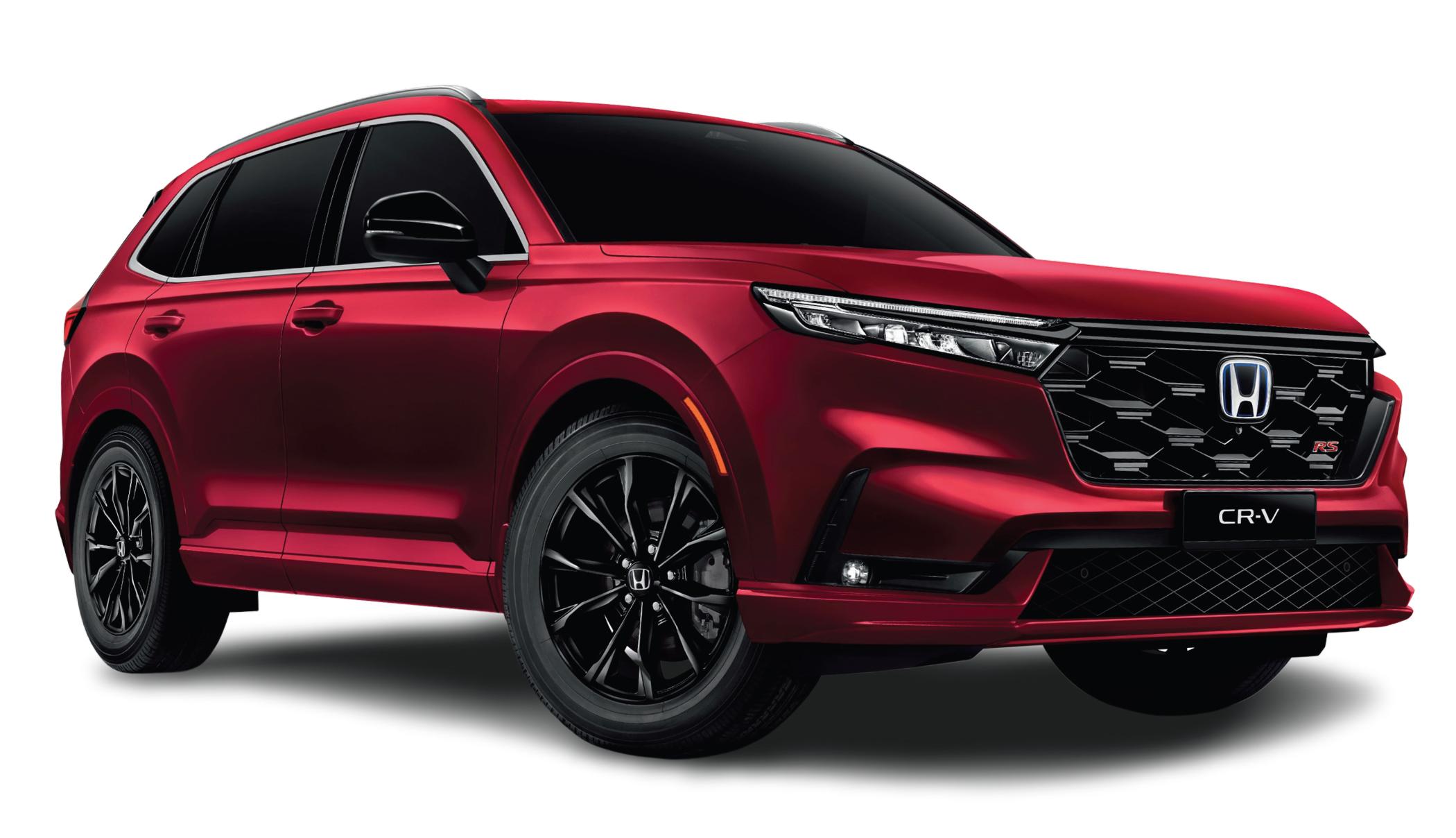
Comparative Performance Analysis of Honda CR-V and Toyota RAV4
When comparing the performance of the Honda CR-V and Toyota RAV4, several key factors come into play. Both vehicles are known for their reliability and efficiency, but they differ significantly in engine options and driving dynamics. The Honda CR-V offers a smooth ride aided by a turbocharged 1.5-liter engine that delivers a blend of power and fuel economy, providing an estimated 28 mpg in the city and 34 mpg on the highway. Conversely, the Toyota RAV4 boasts a more robust 2.5-liter four-cylinder engine, delivering a little more horsepower, which translates to a slightly sportier driving experience. However, this can frequently result in a slight premium in fuel consumption, averaging around 27 mpg city and 35 mpg highway.
In addition to engine performance, the handling and overall driving feel also set these SUVs apart. The CR-V is lauded for its responsive steering and refined suspension system, making it excellent for families who prioritize comfort on longer journeys. In contrast, the RAV4’s robust suspension contributes to a sturdier driving experience, which some drivers may prefer for off-road adventures or mixed-terrain driving. Both vehicles feature advanced driver-assistance technologies, although the RAV4 typically comes with more standard features on its base model. Below is a comparison table that succinctly captures crucial performance metrics:
| Vehicle | Engine | Horsepower | Fuel Economy (mpg) |
|---|---|---|---|
| Honda CR-V | 1.5L Turbo | 190 hp | 28 City / 34 Highway |
| Toyota RAV4 | 2.5L I4 | 203 hp | 27 City / 35 Highway |

Design and Comfort: A Closer Look at Interior Features and Space
The Honda CR-V boasts a thoughtfully designed interior that emphasizes both style and practicality. With its spacious cabin, passengers can enjoy ample headroom and legroom, making it ideal for long journeys. This SUV features high-quality materials throughout, providing a sense of luxury. Notable interior elements include:
- Ergonomic seating that supports all body types
- Easy-to-use infotainment system with a responsive touch screen
- Adaptive cargo space, transforming from family hauler to gear transport with ease
On the other hand, the Toyota RAV4 offers a modern and rugged interior that appeals to adventure seekers. While it’s equally spacious, the distinct design elements set it apart; the RAV4 features a more upright driving position which enhances visibility. The interior includes:
- Durable materials perfect for outdoor enthusiasts
- Advanced safety features integrated seamlessly into the cabin
- Versatile cargo management with multiple storage solutions
Technology Integration: Evaluating Infotainment and Safety Innovations
The Honda CR-V and Toyota RAV4 are not just competitors in the compact SUV arena; they are pioneers in bridging the gap between practicality and cutting-edge technology. Both vehicles have seamlessly integrated innovative infotainment systems designed to enhance the driving experience. The CR-V showcases a crisp 7-inch touchscreen with Apple CarPlay and Android Auto compatibility, making smartphone connectivity effortless. Conversely, the RAV4 surpasses expectations with a larger 8-inch display, offering a more intuitive interface and an advanced navigation system topped with a premium JBL sound system for an auditory treat.
On the safety front, both models boast impressive features that emphasize driver and passenger security. The CR-V is equipped with Honda’s Sensing suite that includes adaptive cruise control, lane-keeping assist, and collision mitigation braking. In parallel, the RAV4’s standard Toyota Safety Sense includes features like pre-collision systems with pedestrian detection and lane departure alert. Below is a speedy comparison of their safety features:
| Feature | Honda CR-V | Toyota RAV4 |
|---|---|---|
| Adaptive Cruise Control | Yes | Yes |
| Lane-Keeping Assist | Yes | Yes |
| Collision Mitigation Braking | Yes | Yes |
| Advanced Airbag System | Yes | Yes |
Fuel Efficiency and Cost of Ownership: Which SUV Offers Better Value?
When it comes to fuel efficiency, both the Honda CR-V and the Toyota RAV4 present compelling options, but they cater to slightly different needs. The CR-V boasts a remarkable EPA-estimated fuel economy of 28 mpg in the city and 34 mpg on the highway for its base trim, making it an excellent choice for daily commutes and long road trips alike. On the other hand, the RAV4 offers a competitive fuel economy of 27 mpg in the city and 35 mpg on the highway. For those who might opt for hybrid versions, the RAV4 Hybrid stands out with an impressive 40 mpg combined, while the CR-V Hybrid follows closely with around 38 mpg combined.
| Model | City MPG | Highway MPG | Combined MPG (Hybrid) |
|---|---|---|---|
| Honda CR-V | 28 | 34 | 38 |
| Toyota RAV4 | 27 | 35 | 40 |
In terms of cost of ownership, both SUVs demonstrate an appealing balance of initial investment and long-term savings. The Honda CR-V tends to fall slightly lower on insurance and maintenance costs, which can come as a relief to budget-conscious consumers. Moreover, Honda’s reputation for reliability contributes to a longer lifespan with fewer repairs needed over time. Conversely, the Toyota RAV4 claims an edge in resale value, often depreciating at a slower rate, which can offset its higher purchase price in the long run. Both vehicles excel in offering value, but your decision may hinge on how much you prioritize fuel savings versus resale potential. Consider these factors carefully to assess which SUV aligns best with your financial and lifestyle needs.
Latest Trends in the Compact SUV Segment
The compact SUV segment is witnessing significant shifts, with hybrid models gaining traction due to increasing consumer demand for fuel efficiency and environmental sustainability. As a response, both the 2026 Toyota RAV4 Hybrid and 2026 Honda CR-V Hybrid have emerged as popular choices, celebrated for their reliability, efficiency, and everyday comfort. Furthermore, consumers are showing a growing preference for vehicles that offer a variety of trim levels and customization options, a domain where the Toyota RAV4 excels with its wider range of trims compared to the Honda CR-V.
{{FIGURE_PLACEHOLDER_0}}
Additionally, the compact SUV market is driven by a strong emphasis on reliability and fuel efficiency, attributes that have consistently positioned the RAV4 and CR-V among the top-selling models in their class. This trend highlights the importance of these factors in the purchasing decisions of modern consumers, who are increasingly seeking vehicles that offer not only practicality but also long-term value.
Concluding Remarks
In the ever-competitive world of compact SUVs, the Honda CR-V and Toyota RAV4 emerge as two titans, each with their unique strengths and attributes. Whether you prioritize the CR-V’s spacious interior and comfortable ride or the RAV4’s rugged capability and advanced tech features, both vehicles offer compelling choices for a variety of lifestyles. Ultimately, the decision may come down to personal preferences, driving habits, and specific needs. As you weigh your options, remember that both models carry the legacy of their respective brands, synonymous with reliability and innovation. Whichever you choose, rest assured that you’re stepping into a vehicle designed to enhance your journey, one mile at a time. Happy driving!

